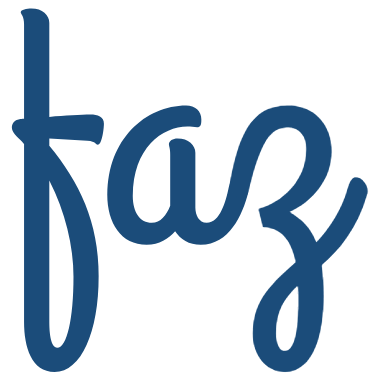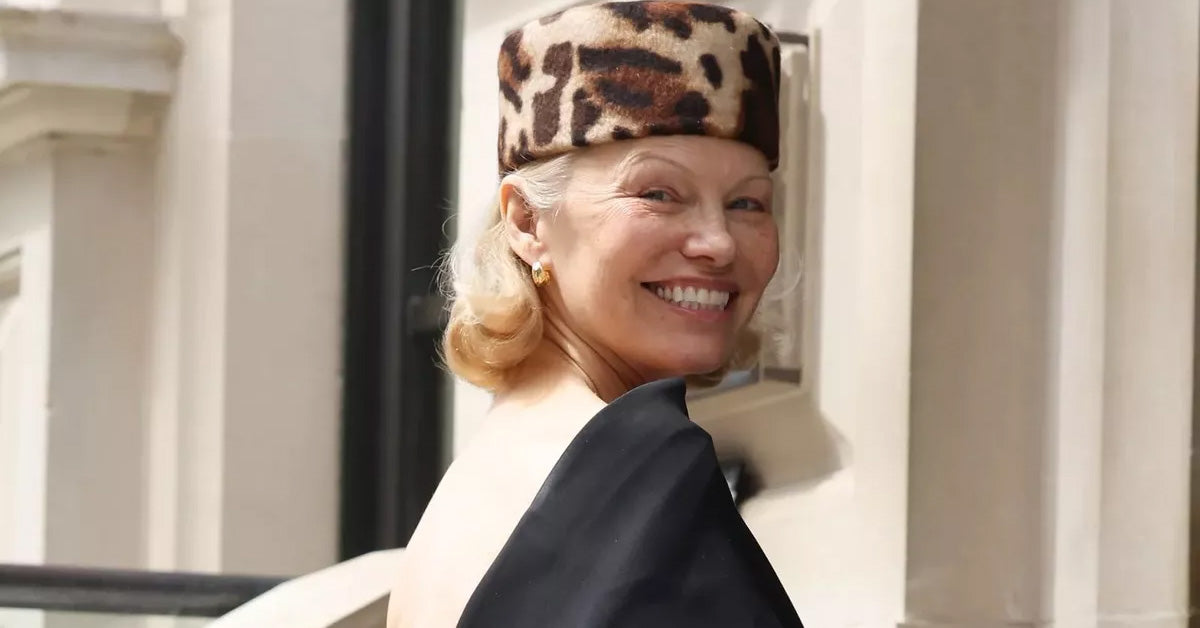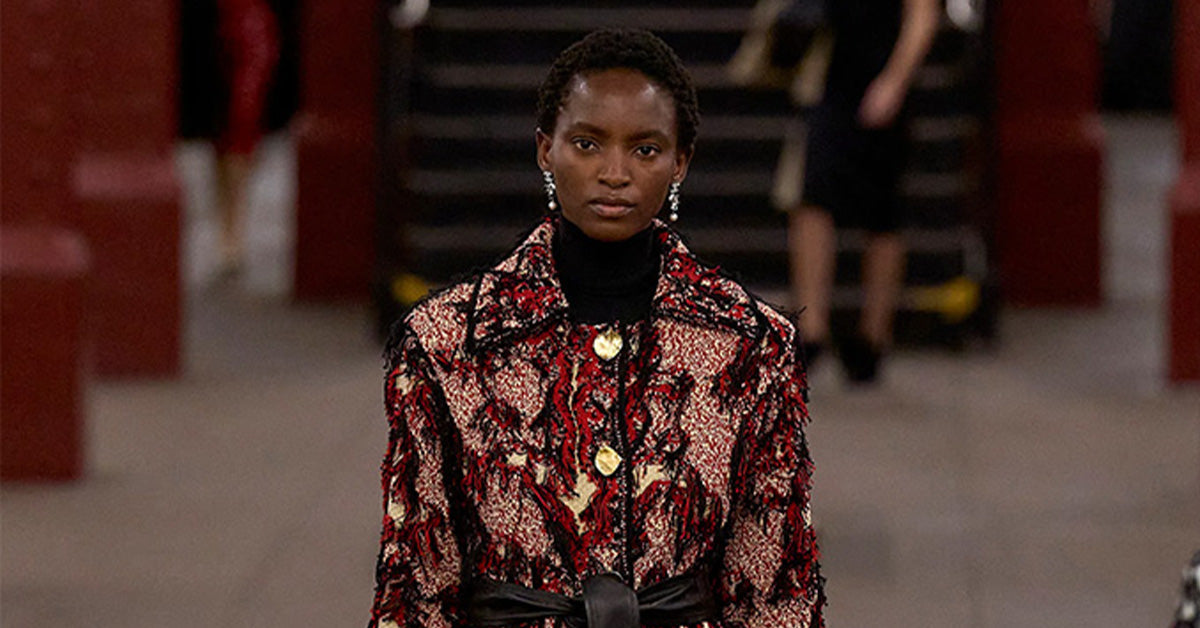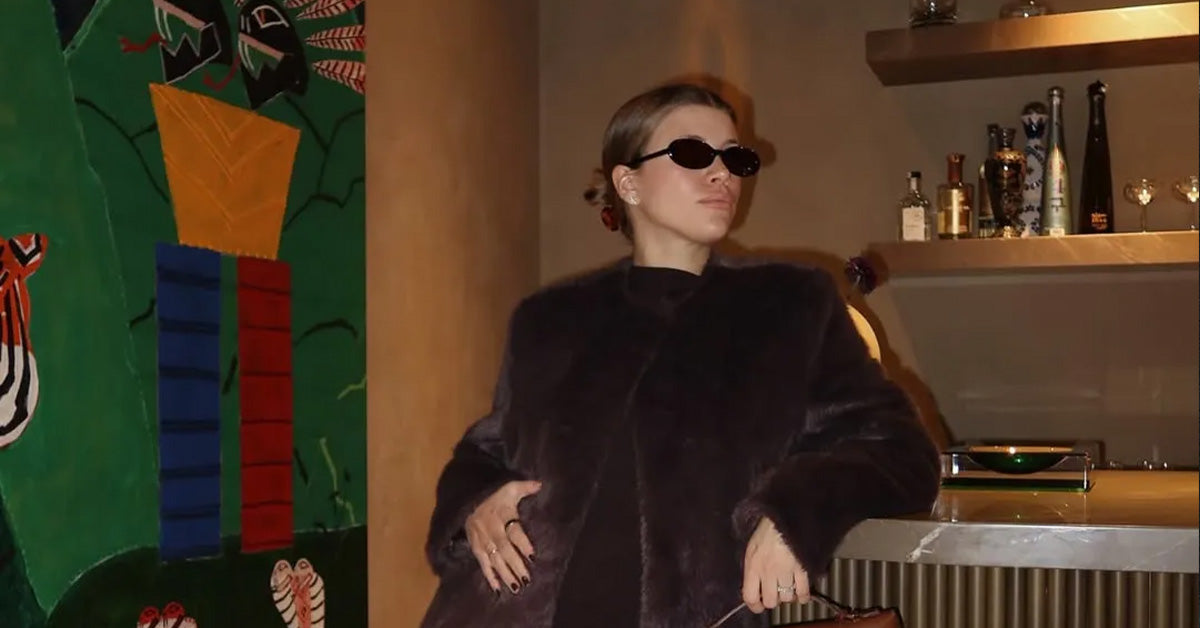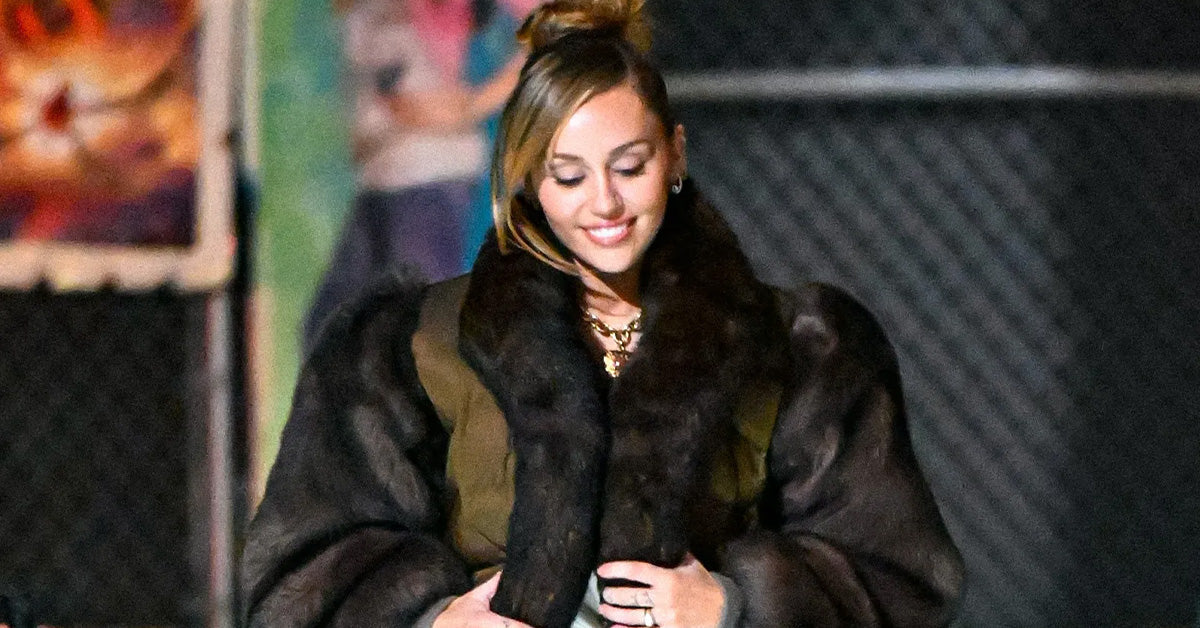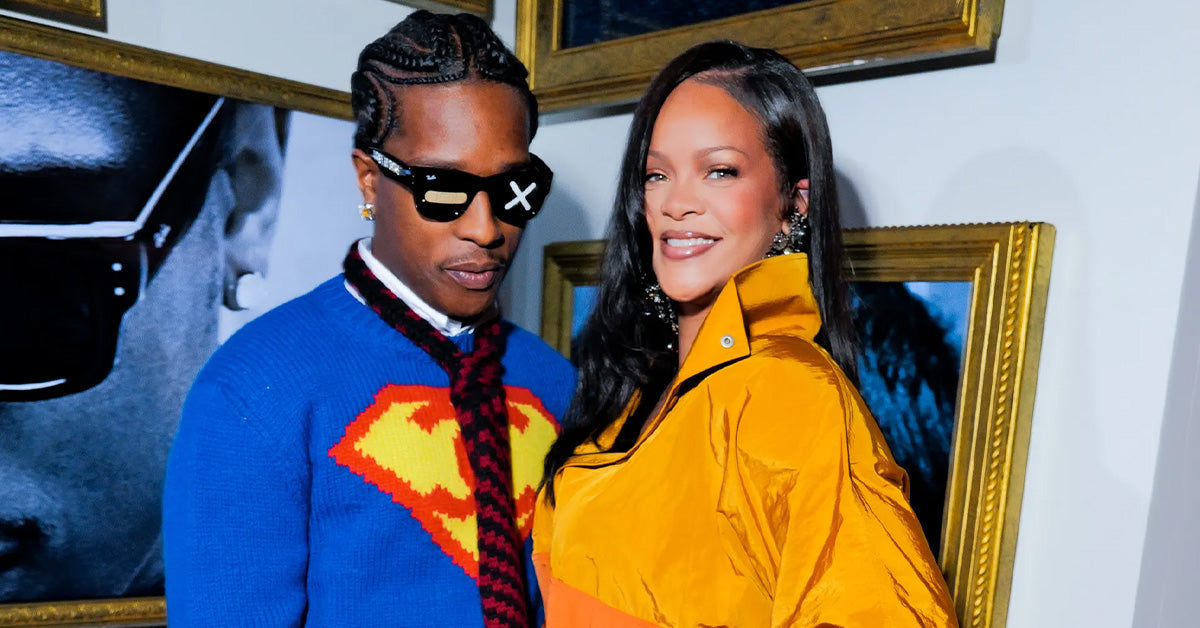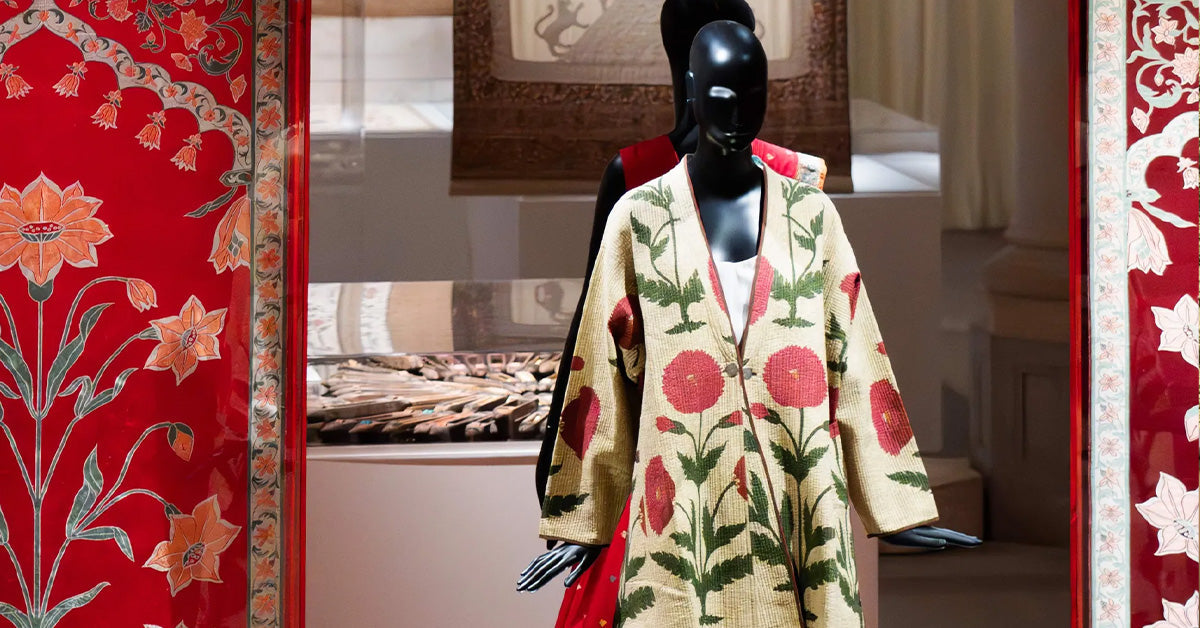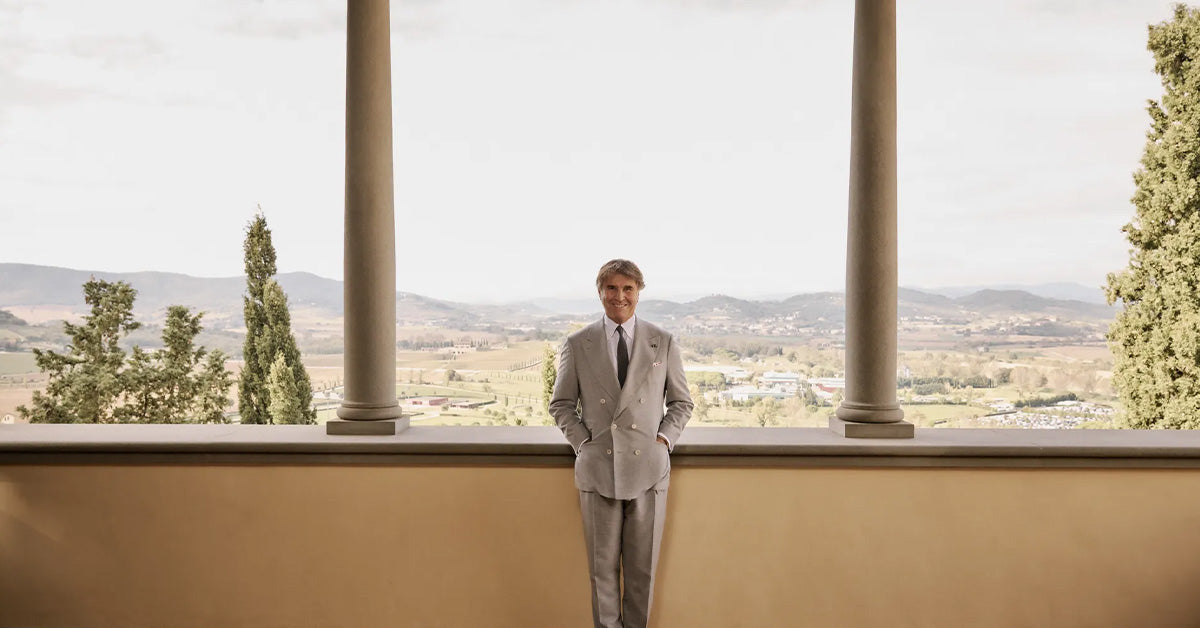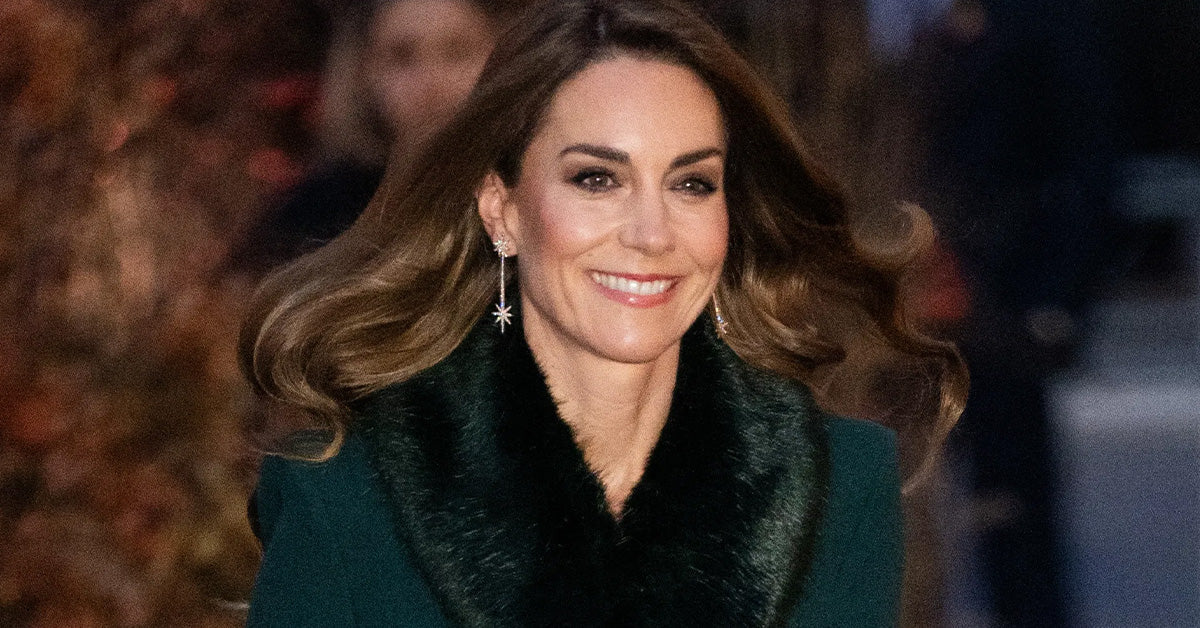Berlin Fashion Week has become a defining fixture in the global fashion calendar, standing out as a bold and innovative platform where avant-garde creativity meets sustainability and youthful energy. But what exactly is Berlin Fashion Week? How did it start, and why is it considered so important in the fashion world today? In this comprehensive guide, we’ll decode the meaning, history, and significance of Berlin Fashion Week, revealing its unique character and the role it plays in shaping contemporary style.
The Origin and Evolution of Berlin Fashion Week
The story of Berlin Fashion Week begins in 2007, when Germany’s capital sought to position itself as a fashion-forward city, distinct from the traditional powerhouses of Paris, Milan, London, and New York. Supported by the Berlin Senate and the German government, the event was designed to spotlight the city’s growing creative scene, fusing fashion, art, and music in a way that only Berlin could.
Over the years, Berlin Fashion Week has evolved, adapting to the shifting needs of the industry and its audience. Early editions focused on showcasing local talent, but the event quickly attracted international designers, media, and buyers. As the global spotlight intensified, Berlin carved out its own identity: edgy, experimental, and unafraid to challenge fashion norms.
What Makes Berlin Fashion Week Unique?
Unlike its counterparts in Paris or Milan, Berlin Fashion Week is celebrated for its inclusivity, diversity, and willingness to push boundaries. Here are some key characteristics that set it apart:
- Sustainability Focus: Berlin is a pioneer in eco-conscious fashion, with many events and designers prioritizing sustainable materials, ethical production, and circular design. Initiatives like the Green Showroom and Ethical Fashion Show have become integral to the event’s DNA.
- Street Style Influence: Berlin’s streetwear scene is globally influential. The city’s relaxed, individualistic style is reflected in the collections and the attendees’ own looks.
- Support for Emerging Talent: From student showcases to platforms like Mercedes-Benz Fashion Talent, Berlin Fashion Week is renowned for nurturing new voices in fashion.
- Experimental Runways: Expect unconventional venues, interactive presentations, and a blend of fashion with art installations and live performances.
- Democratic Access: Many events are open to the public, encouraging dialogue between designers, consumers, and the wider creative community.
Key Events and Platforms During Berlin Fashion Week
Berlin Fashion Week is not a single show, but rather a constellation of events spread throughout the city. The main platforms and highlights include:
- Mercedes-Benz Fashion Week Berlin: The flagship runway event, hosting leading German and international designers.
- Berlin Salon: Curated presentations of high-end German fashion and design, often in historic venues such as the Kronprinzenpalais.
- Neonyt: A global hub for sustainable fashion, combining trade shows, talks, and innovative labels committed to ethical practices.
- Fashion Open Studio and Studio2Retail: Initiatives that open up designers’ studios and retail spaces to the public, fostering transparency and community engagement.
- Various Offsite Shows: Independent designers and collectives often host shows in unconventional spaces, from techno clubs to abandoned warehouses.
This decentralized format allows Berlin Fashion Week to feel more accessible, experimental, and authentic compared to the more exclusive and traditional structure of other global fashion weeks.
Notable Designers and Labels Associated with Berlin Fashion Week
Over the years, Berlin has become a launchpad for a new generation of designers who blend fashion with activism, technology, and art. Some of the most influential labels and creatives include:
- William Fan: Known for his minimalist yet luxurious designs, blending Asian and European influences.
- Marina Hoermanseder: Famed for her sculptural leatherwork and bold, feminine aesthetics.
- Odeeh: Renowned for its sophisticated tailoring and vibrant prints.
- Richert Beil: A label pushing the boundaries of gender, identity, and sustainability.
- Anja Gockel: Celebrated for her empowering collections and commitment to diversity.
In addition to established names, countless emerging designers make their debut at Berlin Fashion Week, often bringing fresh perspectives and unconventional concepts to the runway.
Why Berlin Fashion Week Matters in the Global Fashion Landscape
Berlin Fashion Week is more than just a series of runway shows—it’s a cultural phenomenon that mirrors the dynamic spirit of Berlin itself. Here’s why it remains a vital part of the fashion world:
- Innovation Lab: Berlin is a laboratory for experimental design, digital fashion, and cross-disciplinary collaboration.
- Sustainability Leadership: The city is at the forefront of the fashion industry’s shift towards more sustainable and ethical practices.
- Cultural Influence: Berlin’s eclectic mix of history, art, and subculture infuses every aspect of the event, making it a source of inspiration for global trends.
- Platform for New Voices: The focus on emerging talent ensures a constant influx of new ideas, challenging the status quo and keeping the industry vibrant.
For many fashion insiders, Berlin Fashion Week is where you can glimpse the future of fashion—one that is more inclusive, sustainable, and connected to real-world issues.
The Future of Berlin Fashion Week
As the fashion industry grapples with rapid change—from digital innovation to calls for greater responsibility—Berlin Fashion Week is evolving, too. Recent editions have experimented with hybrid formats, digital runways, and immersive experiences. The emphasis on sustainability, social justice, and inclusivity is only set to grow.
Looking ahead, Berlin is poised to become an even more influential force, bridging the gap between tradition and innovation, local and global, fashion and society. It’s a must-watch destination for anyone passionate about the future of style.
FAQs about Berlin Fashion Week
-
When does Berlin Fashion Week take place?
Berlin Fashion Week is typically held twice a year, in January and July, aligning with the Autumn/Winter and Spring/Summer fashion seasons.
-
Is Berlin Fashion Week open to the public?
While many runway shows are invite-only for industry professionals, numerous events, pop-ups, and exhibitions are open to the public, making it more accessible than many other fashion weeks.
-
How can designers participate in Berlin Fashion Week?
Designers can apply to showcase their collections through various platforms, such as Mercedes-Benz Fashion Week, Berlin Salon, or independent offsite events. Selection is often based on creativity, innovation, and relevance to the event’s themes.
-
What is the focus on sustainability at Berlin Fashion Week?
Sustainability is a central theme, with dedicated trade shows, talks, and showcases highlighting eco-friendly materials, ethical production, and circular fashion models.
-
Who are some famous designers from Berlin Fashion Week?
Notable designers include William Fan, Marina Hoermanseder, Odeeh, Richert Beil, and Anja Gockel, as well as a host of emerging talent making their mark on the global stage.
